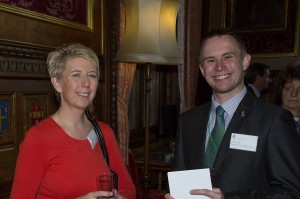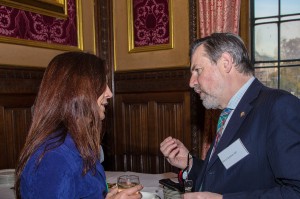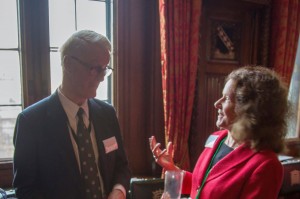WWT launches Wetland Manifesto
All of us rely on wetlands for drinking water, food and shelter. That’s the message of the
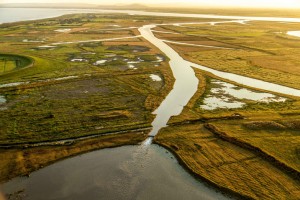
Wildfowl & Wetlands Trust’s new Wetland Manifesto, launched this week at a reception at the Houses of Parliament.
MPs, peers and business leaders heard how protecting our remaining wetlands can help our health, the economy and the public purse. Wetlands provide around £7.5bn to our economy each year, according to a Government report from 2011. That’s the combined value of benefits including protection from floods and pollution, or simply being somewhere relaxing to be which is good for our health and well-being.
WWT’s Wetland Manifesto is a 10 point plan to look after the UK’s remaining wetlands. It outlines steps we need to take including tackling invasive species, supporting landowners to install reed beds to filter pollution, and making outdoor education available for all children.
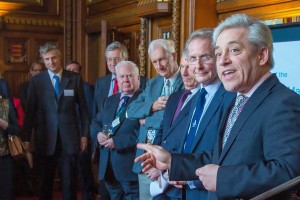
The Manifesto has been given to all parliamentary candidates in the 2015 general election, so that everyone standing can really appreciate how important the natural environment is for families, homes and jobs.
WWT's approach is about working with businesses and politicians to find win-win solutions that work for all of us, as well as for wildlife and the environment.
The launch reception was co-hosted by WWT Chief Executive Martin Spray CBE along with Conservative MP Zac Goldsmith, who compared the destruction of wetlands in the UK to the destruction of marine fisheries around the world, saying:
“It’s hard to imagine what more of a wake up call governments around the world need. There are plenty of people across the parties who are as alarmed at this as you are.
“I’m really very pleased in a very small way to help and support and say a few words in support of the Wetland Manifesto, which I think is a really important contribution.
“I think we are beginning to rethink our relationship with wetlands. For example one water company have said in their assessment that paying farmers not to put pollutants in the ground is not just a good thing from a biodiversity point of view and the health point of view, it actually saves an absolute fortune. They believe that they get 65 times more back than they put in by paying farmers just to not pollute the land in their management.”
